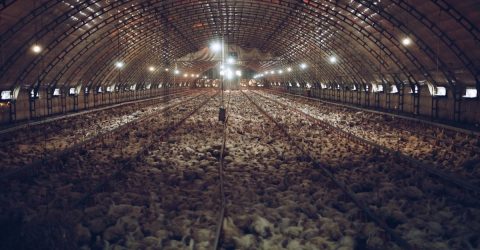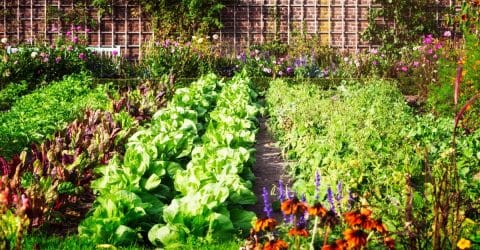Tipping Points and Food
In recent years, the phrase environmental tipping points has moved from scientific journals into public conversation. It now appears in climate reports, headlines, and policy debates, most recently and comprehensively in The Global Tipping Points Report for 2025.[1] Yet tipping points are not abstract metaphors or tools of alarm. They describe real, measurable processes within … Continued










